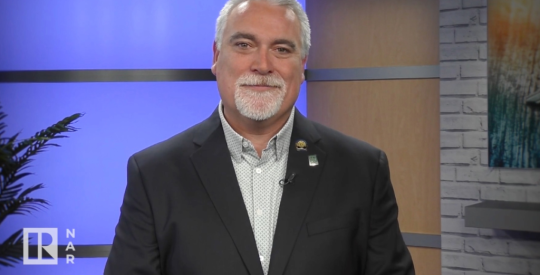Warren Buffett’s $5 billion Bank of America (BAC) investment netted Berkshire Hathaway plenty of profits on day one, but the bank is not out of the woods. The stock opened up trading Thursday climbing as high as 25% after BofA announced a massive stock purchase from Buffett. According to Bloomberg, estimates show the preferred shares and warrants earned $1.3 billion on Thursday. “Anytime Warren Buffett invests in a company it instills confidence in not only Bank of America investors but the entire sector,” said J.T. Smith, chief investment officer at the boutique investment bank Aristar Funding Corp. Smith said Buffett may have actually been protecting his 350 million shares in Wells Fargo (WFC), which earned Buffett $700 million before lunch. But Smith estimates BofA has $80 billion in mortgage losses in the pipeline, including almost $400 billion in modifications that historically redefault at a rate of 64% within 18 months. Resurging delinquencies and a slowing economy foreshadow still lingering problems for the bank, Smith said. While the stock market welcomed Buffett’s idea, which he told CNBC came to him in a bathtub, analysts were split between admonishing the bank for giving Buffett such generous terms on the investment and those who said the $5 billion hardly makes a dent in its capital needs. When asked if BofA was out of the woods, one prominent banking analyst said simply, “No.” BofA CEO Brian Moynihan continued to hold the stance Thursday morning that his bank did not have a liquidity issue. John Hempton, chief investment officer at Bronte Capital, launched a defense of the bank he and his clients are long on Thursday. Hempton said BofA will have the ability to spread its mortgage and litigation losses out over time, investors are simply panicking, and the U.S. government has shown no appetite to test the “too big to fail” theory. “In other words BofA has enough capital to raise money in the bond market because its real capital is not something on its book. Its real capital is faith and credit of the United States,” Hempton said. Smith disagreed. “A $5 billion investment in a company with $2 trillion in liabilities does nothing except show that Brian Moynihan was less than forthcoming when he said they did not need to raise capital,” Smith said. Write to Jon Prior. Follow him on Twitter @JonAPrior.
Bank of America rewards Buffett on day one, fears remain
Most Popular Articles
Latest Articles
Kevin Sears pulls back the curtain on NAR’s commission lawsuit settlement
NAR’s president took to the stage at The Gathering just hours after the court granted preliminary approval of the commission lawsuit settlement agreement



